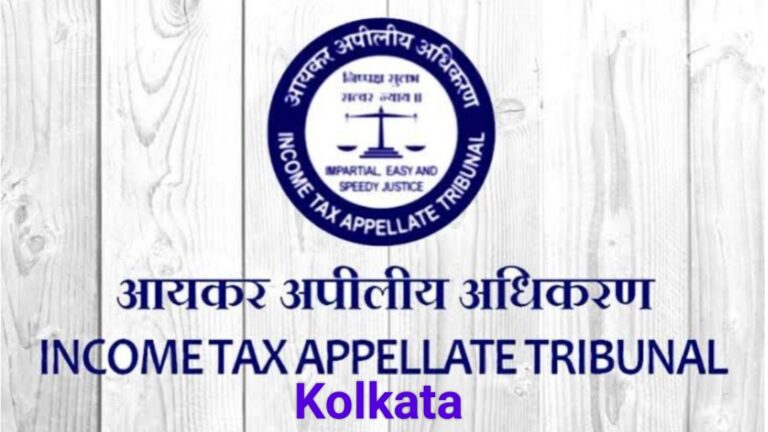In a significant ruling, the Kolkata Bench of the Income Tax Appellate Tribunal (ITAT) set aside an order passed by the Commissioner of Income Tax (Appeals) [CIT(A)] that had dismissed an assessee’s appeal solely on the ground of delay without addressing the merits of the case. The Tribunal found that the delay in filing the appeal—caused by non-receipt of the assessment intimation under Section 143(1)—was both genuine and excusable. Furthermore, the CIT(A) had erroneously discussed provisions applicable to cooperative societies, even though the assessee was a private limited company. As a result, the ITAT not only condoned the delay but also remanded the matter back for a fresh decision on merits, reinforcing the principle that justice must not be denied on procedural technicalities.
Here’s a detailed breakdown of the ITAT Kolkata remand ruling:
📌 Case Overview
Assessee: Indian Chain Pvt. Ltd.
Assessment Year: 2020–21
Departmental Order: Intimation under Section 143(1) dated 24 December 2021 by DCIT, CPC
Appeal before CIT(A): Dismissed as time-barred due to 230 days’ delay in filing (filed well beyond the 30-day limit under Section 246A).
❗ CIT(A)’s Key Errors
- Dismissal on Technical Grounds: The first appellate authority rejected the appeal citing “no sufficient cause” for the delay, without addressing any substantive issues.
- Erroneous Merits Discussion: Oddly, the order delved into Section 80P (cooperative society deduction) — assuming the appellant was a cooperative — whereas the entity was clearly a private limited company. This factual misunderstanding rendered any merit-based discussion moot.
🧭 ITAT Kolkata’s Findings (Decided 4 March 2025)
- Delay Condonation: The Tribunal gave full credence to the assessee’s explanation — non-receipt of both physical and electronic copies of the intimation — which prevented timely filing. A 230-day delay was deemed “bonafide and sufficient”; hence, the delay was condoned.
- Remand Due to Factual Error: As the CIT(A)’s order proceeded on a wrongful premise (treating the assessor as a cooperative society and applying Section 80P), the Tribunal remanded the entire appeal for a fresh decision. The lower authority must now hear the matter on its true merits, ensuring procedural fairness and accurate legal classification.
✅ ITAT Order Highlights
- Delay Condoned: Appeal filed 230 days late, excused due to non-service of the order.
- Remand Directive: Matter sent back to CIT(A) with explicit instructions:
- To adjudicate on substantive grounds without technical barriers.
- To correctly recognize the assessee’s status as a private limited company.
- To pass a reasoned (speaking) order after a fair hearing.
📝 Implications for Tax Practice
- Service vs. Issue: Delay caused by non-service (physical or digital) of orders may constitute sufficient cause—tribunals are inclined to condone in such cases.
- Speaking Orders Required: CIT(A) must not merely dismiss appeals on delay grounds but should also issue orders that address substantive issues, particularly when legal mischaracterizations are involved.
- Procedural Justice: ITAT clarity on the priority of justice over mere technical compliance; fair opportunity trumps deadlines when delays are bona fide.
✅ Key Takeaway
This ruling underscores that technicalities like delayed filing cannot overshadow fundamental justice—especially when caused by procedural lapses such as non-service of notices. Tax administrators should ensure both procedural accuracy and substantive fairness to uphold the appellant’s rights.
